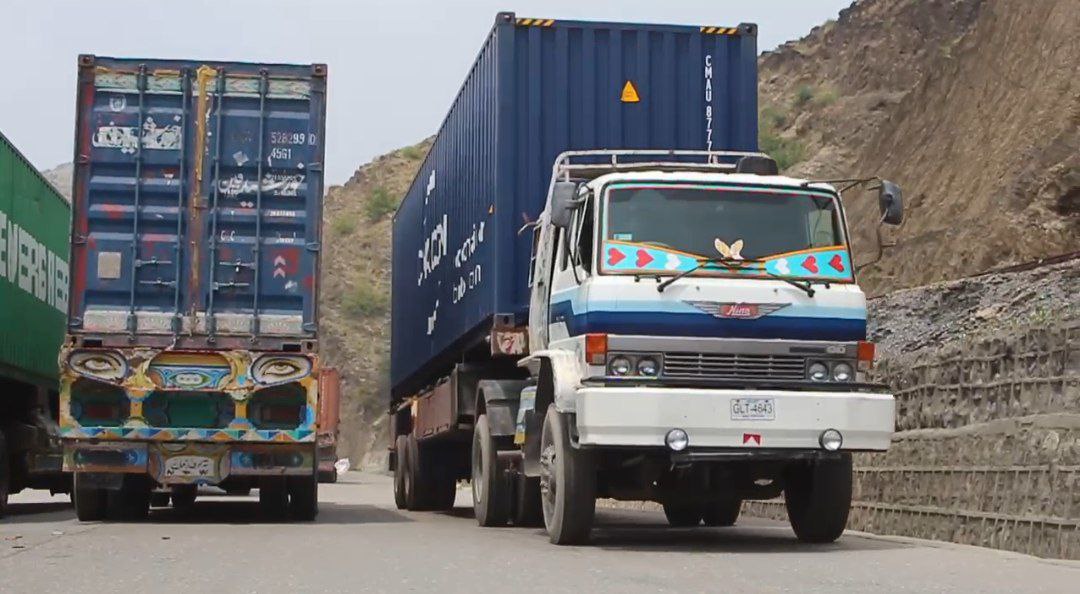Amid escalating hostilities between India and Pakistan, more than 150 containers of Afghanistan’s exports — primarily dried fruit — remain stranded at the Wagah border, halting what had been a thriving trade route between Afghanistan and India.
The Afghanistan Chamber of Commerce and Investment confirmed the disruption on Wednesday, warning that the rising conflict has completely suspended exports to India via Pakistani territory. The disruption comes as India launched airstrikes this week on multiple sites inside Pakistan, triggering fears of a broader regional conflict.
“This will have long-term consequences for Afghan trade,” said Naqibullah Safi, head of the Afghanistan-Pakistan Joint Chamber of Commerce. “The Wagah crossing is critical to our exports to India. Several trucks of dried fruit are currently stuck, awaiting clearance.”
India’s strikes on at least nine locations in Pakistan — which Islamabad says caused both civilian casualties and infrastructure damage — have sent diplomatic tensions soaring and disrupted regional trade. The immediate consequence for Afghanistan has been the effective shutdown of a corridor that generated nearly $900 million in annual trade before the latest hostilities.
Of that total, Afghan exports accounted for $620 million, largely from agricultural products, while imports from India were valued at just under $270 million — a rare trade surplus for Kabul.
The Taliban’s foreign ministry expressed concern over the deteriorating India-Pakistan relationship and called for restraint.
“Peace and stability benefit the entire region,” the Taliban said in a statement. “We urge both parties to resolve their differences through dialogue and diplomacy.”
Some Taliban-affiliated figures, however, have voiced unease about potential spillovers into Afghanistan. Abdul Salam Zaeef, the former Taliban ambassador to Pakistan, warned that Islamabad may seek to mobilize ethnic Pashtuns in support of its conflict with India.
“This is not a religious war; it is a political one,” Zaeef said. “Pashtuns must keep themselves and their youth out of this fight.”
Political observers in Kabul have warned that the India-Pakistan conflict could reignite proxy rivalries inside Afghanistan — a country long caught in the geopolitical crosswinds of its neighbors.
“Any escalation between India and Pakistan, whether short-term or long-term, could worsen Afghanistan’s fragile security situation,” said Sardar Mohammad Rahimi, a Kabul-based political analyst. “It risks dragging both countries deeper into proxy competition here.”
The suspension of trade comes at a time when Afghanistan is already grappling with an economic crisis, dwindling foreign aid, and growing diplomatic isolation. With India being one of the few countries where Afghan exports outweigh imports, the breakdown of this trade corridor represents both an economic and strategic loss.





